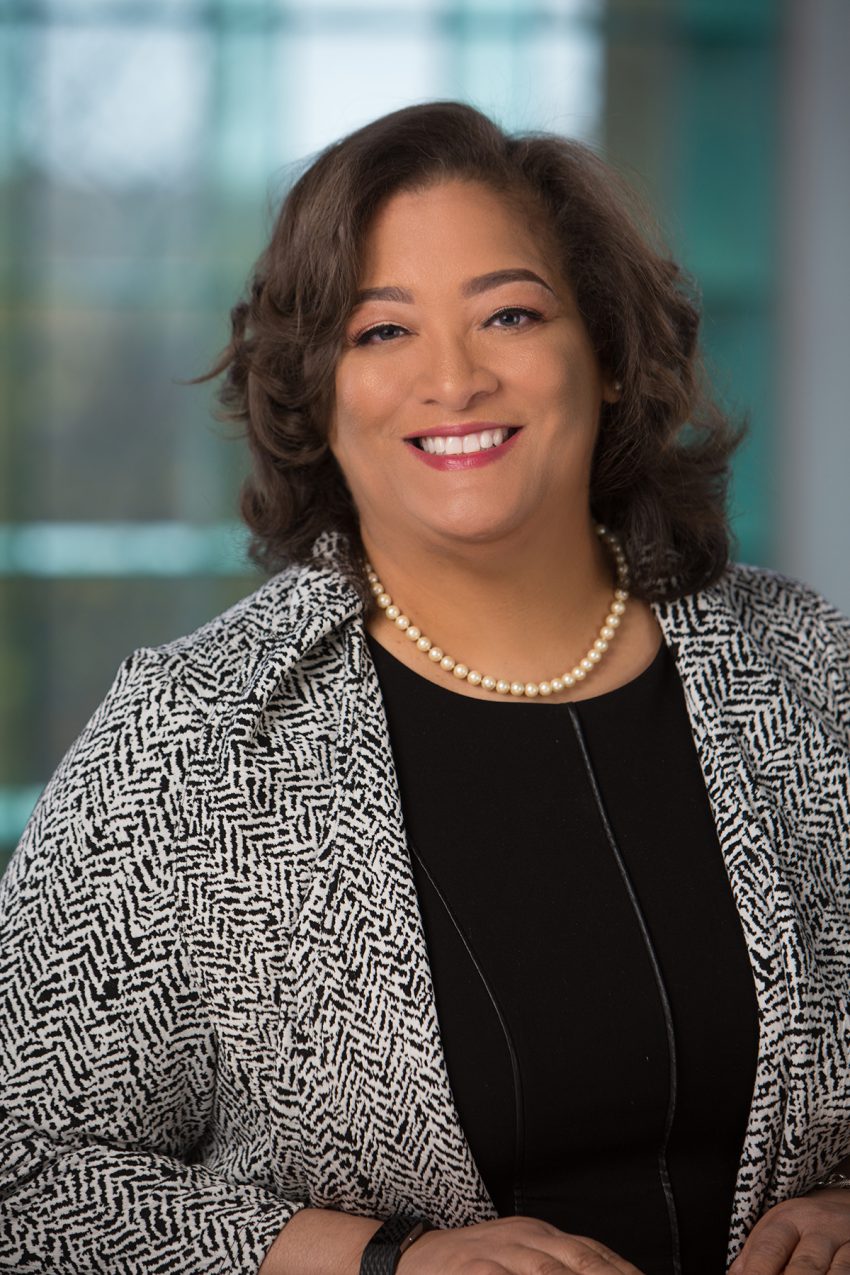As a new class of masters students entered Pittsburgh Seminary this fall, many of these first-year students enrolled in “Genesis through Esther” taught by Dr. Kimberly D. Russaw. In this class, they will engage in the challenge of critical analysis of the biblical text. They will also discover a healthy dose of popular culture.
Connecting Ancient and Modern
As readers of her work already know, Dr. Russaw is a biblical scholar who can creatively explain the Old Testament story of Miriam by examining the career arc of singer Janet Jackson—a skill demonstrated in her essay in Stony the Road We Trod: African-American Biblical Interpretation 30th Anniversary Expanded Edition. And she can’t wait to encourage her PTS students to connect the ancient text to modern-day concerns with what she calls her popular culture assignment. After learning the socio-historical, literary, and cultic elements of the biblical world, students will choose a pop culture artifact—a book, movie, song, work of visual art, etc.—and demonstrate connections between the artifact and what they’ve noticed in the biblical text itself.
Russaw is interested in helping students partner biblical studies with their particular ministry context. She says:
“I value the students’ willingness to try something different. For instance, in the ‘Apocalypse Now: Implosion as Gift’ D.Min. class I taught [at PTS in 2021], I had students read a science fiction novel by Octavia Butler, and helped them analyze biblical literature and biblical scholarship with an eye towards the themes of disruption and difference.”
Equipping Responsible Biblical Interpreters
Dr. Russaw taught that class before she joined the PTS faculty full time. But whether she’s engaging with seasoned pastors doing doctoral work or first year master’s-level students, her goal is the same.
“The biggest takeaway from any of my courses should be for students to gain the tools to become responsible biblical interpreters, whether it’s from the pulpit, in Bible study, in a classroom, or even when someone asks them a question in the grocery store,” she says.
Russaw is currently preparing to teach colleagues too. Later this year she will co-facilitate a series of workshops for theological educators focused on teaching the Bible in light of social movements. She’s also working on an essay exploring the socio-historical backdrop of Ruth and Naomi’s journey from Moab to Bethlehem, connecting it to the Great Migration of African Americans in 20th century America. The essay will be part of a collected volume of different ways of reading the biblical text published by the Society of Biblical Literature.
Called to Serve Church and Academy
Russaw is an ordained elder in the African Methodist Episcopal Church, which informs her teaching in theological education. “The community to which I feel the most sense of responsibility is the church,” she asserts. “I understand I’m not called to local church leadership or to a pulpit, but I’m called to help those who are. I’m always thinking in my scholarship and teaching: ‘How will this help the people in the pews understand the biblical text better?’”
Making Herself at Home in Pittsburgh
As she relocates to Pittsburgh, Dr. Russaw has made sure to complete an essential task. “I already have my season tickets to Broadway in Pittsburgh!” she exclaims. It’s no surprise that this pop culture loving professor is a fan of musical theater, and lists Hamilton, Wicked, The Lion King, and The Color Purple among her favorite musicals. For students who take one of her classes, they’ll surely develop the skills to connect contemporary musical theater—or their own pop culture interests—to the ancient world of the Bible.

